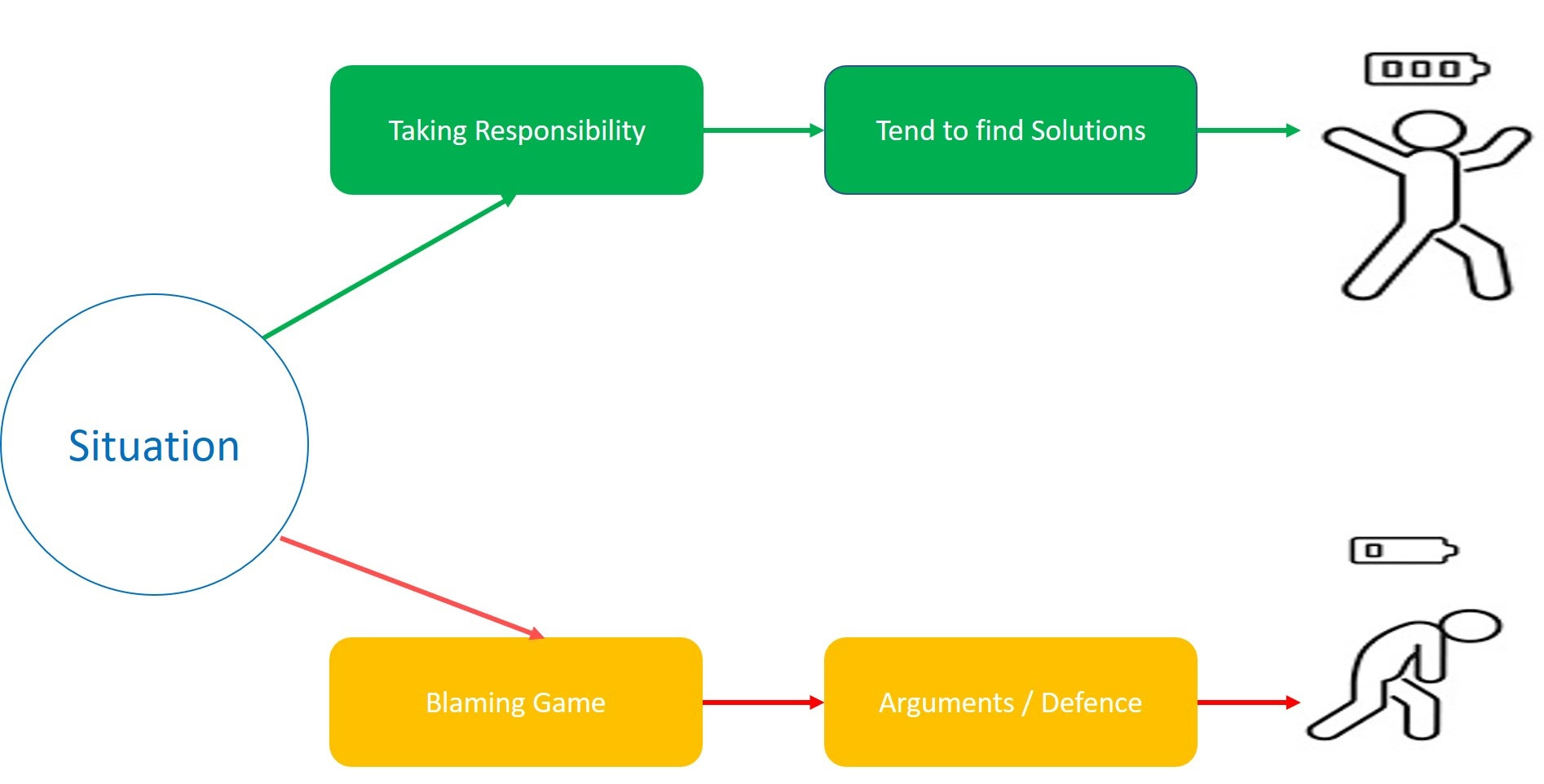Managing changes
(Execution Excellence -"Ability to get things done" Series)
As we discuss the importance of developing project management skills to get things done in addition to functional expertise as we move up the career ladder, 80 % of the tasks are non-repetitive or project nature, and we may need to deal with many stakeholders who may not be directly reporting to us.
We discussed the relevance of defining outcomes in the beginning, reducing the complexity into simplicity, holistic planning, big-picture orientation, insights on stakeholder management, and proactiveness.
The next principle we can learn from project management is “managing the changes.”
Insights on managing changes:
Project management insists that change is inevitable and cannot be avoided despite the best planning process. Whenever change happens, it advocates to look at the impact of change and keep the stakeholders informed. Also, any change can be manageable with a tradeoff with resources.
Primarily, it teaches project managers to handle the change comfortably.
How can functional managers apply this insight?
Whenever we take new initiatives, despite our planning, things may go differently as we move ahead. How we face and handle the change with a different perspective makes us better at executing the work.
For example, as a Planning Head, you are doing your best to make a production plan and get into execution. Suddenly, a key customer is changing the quantity and due date, which is the change.
How would you be able to handle this comfortably?
- As a proactive, you could have given some buffer in the initial planning if you are good at analytics and pattern reading of the customer's past trend.
- Now, accept the change as part of your work. That mindset makes you accept reality and look for the next step.
- Understand the consequence or impact of change in other’s customer’s orders or capacity
- Keep the customers informed about the possibilities of accommodating as most of the time, lack of communication creates further chaos in the system
- Understand the impact and trade-off required on timeline or quantity and cost aspects like overtime/ outsourcing, etc, and keep the relevant stakeholders like customers, plant head, and other functional teams informed.
The key point is that change is inevitable, and each comes with some other impact; being aware of the impact, working out tradeoffs as solutions, and keeping the stakeholders informed are all aspects of managing changes.
Most functional heads struggle when things are not going as planned, which is nothing but a need to learn the art of managing the changes comfortably.
Have a great week ahead.



















